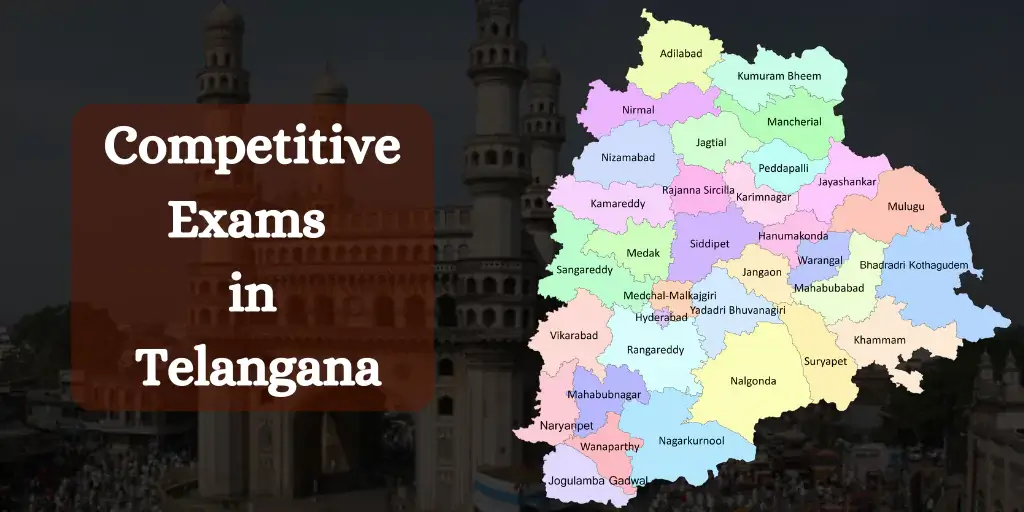Recently updated on December 9th, 2024 at 09:48 pm
A postgraduate degree, often known as a PG degree, is a higher level of study taken after earning a graduate degree (such as a bachelor’s degree).
These degrees allow you to specialize in a certain topic, conduct advanced research, and progress your career. Postgraduate degrees are required for positions in academia, research, and several professional professions.
Here will look at different sorts of postgraduate degrees, their benefits, and how to choose the best one for you.
What does a postgraduate degree mean?
A postgraduate degree is an advanced academic program that follows a bachelor’s degree and focuses on specialized knowledge and abilities in a certain sector.
What does a postgraduate diploma mean?
A postgraduate diploma is a specialized program of study pursued after a bachelor’s degree, offering advanced knowledge and skills in a specific field without the research component of a master’s degree.
Benefits of a Postgraduate Degree
Specialization: Postgraduate degrees enable you to gain a better understanding of a specific topic, transforming you into a specialist.
Career Advancement: Many high-level and specialized jobs demand a postgraduate degree. It can lead to more career opportunities and higher pay.
Research Opportunities: Postgraduate certificate degrees, particularly at the PhD level, provide opportunities to conduct major research and contribute to new knowledge in your subject.
Networking: Postgraduate education programs frequently provide opportunities to network with professionals, academics, and peers, which can be extremely beneficial for future employment opportunities.
Personal Development: Pursuing advanced studies may be both academically interesting and personally fulfilling, encouraging critical thinking, problem-solving, and advanced abilities.
What is a full form of PGDBA?
The full form of PGDBA is a Post Graduate Diploma in Business Administration.
What is a full form of PGDEM?
The full form of PGDEM is a Post Graduate Diploma in Environmental Management.
Also see: What is a Graduation Degree?
How do I get a scholarship for postgraduate students?
Getting a scholarship for graduate school can be a challenging but attainable objective. The steps to assist you get a scholarship are as follows:
Prospects for Research:
1. University Websites: Look for scholarships offered on the websites of universities that interest you.
2. Scholarship Databases: For chances abroad, check out websites such as DAAD, Fastweb, or Scholarship.com.
3. Scholarships from Governments and Organizations: Research the financial aid programs provided by public, nonprofit, and private organizations.
4. Establish Eligibility Requirements: Recognize the prerequisites for each scholarship, including those related to academic standing, study area, nationality, and financial need.
Get Your Application Ready:
1. Academic Excellence: Keep your grade point average up to date and get solid recommendation letters from instructors or other experts.
2. Personal Statement: Compose a strong essay outlining your objectives, accomplishments, and how the award will benefit you.
3. Research Proposal: If appropriate, write a coherent research proposal that highlights your expertise and enthusiasm for the subject.
4. Collect the required documents: transcripts, diplomas, scores from standardized tests (such as the GMAT, GRE, or TOEFL/IELTS for students from overseas), and other identity documents that may be needed.
5. Apply Early: Since time is of the essence, make sure to send in your applications well in advance of the deadline.
6. Seek Advice: For guidance and comments on your applications, speak with professors, career counsellors, or academic advisers.
7. Apply to several scholarships: To improve your chances, submit applications to as many worthwhile scholarships as you can.
8. Interview preparation is important because some scholarships might call for one. Be prepared to go into detail about your application and practice answering typical interview questions.
9. Financial Aid Office: For information on institutional scholarships and funding opportunities, get in touch with the financial aid offices of the universities you are applying to.
10. Networking: To meet possible mentors and scholarship sponsors, and attend scholarly conferences, workshops, and seminars.
Getting a scholarship requires tenacity and careful planning. We wish you luck!
Also See: Undergraduate Degree
Types of Postgraduate Degrees
1. Master’s Degrees
2. Doctoral Degrees
3. Professional Degrees
Master’s Degrees: These are typically one- to two-year programs that concentrate on a certain field of study. Common sorts of master’s degrees are:
- Master of Arts (MA): usually in the humanities or social sciences.
- Master of Science (MSc): generally in science, technology, engineering, and mathematics (STEM) fields.
- Master of Business Administration (MBA): Focuses on business and management.
- Master of Fine Arts (MFA): For creative fields like writing, visual arts, and theatre
Doctoral Degrees: These are the highest level of academic degrees and typically take several years to accomplish, including considerable study and a dissertation.
- Doctor of Philosophy (PhD): encompasses a wide range of disciplines.
- Doctor of Education (EdD): Focuses on educational practice and leadership.
- Doctor of Business Administration (DBA): Advanced research and practice in business.
Professional Degrees: These are specific to certain occupations and frequently contain practical training components.
- Juris Doctor (JD): For law.
- Doctor of Medicine (MD): For medical practice.
- Doctor of Veterinary Medicine (DVM): For veterinary practice.
Choosing the Right Postgraduate Degree
Assess Your Career Goals: Consider your job goals and the degrees that will help you get there. Investigate the qualifications required for your desired position.
Field of Interest: Choose a curriculum that reflects your hobbies and interests. This will help you stay motivated during the rigorous curriculum.
Program Reputation: Investigate the reputation and ranking of the programs you are considering. Alumni success, faculty competence, and research facilities can be useful indicators.
Location and Mode of Study: Choose whether to study full-time, part-time, or online. Also, decide whether you are willing to relocate or prefer a local institution.
Financial Considerations: Postgraduate programs can be costly. Look at financial opportunities such as scholarships, grants, assistantships, and company sponsorship.
Conclusion:
A postgraduate degree can help you progress in your profession, gain specific knowledge, and grow personally. Whether you pursue a master’s, doctorate, or professional degree, you should carefully assess your objectives, interests, and the characteristics of each program. With careful planning and determination, a postgraduate degree can be a game changer in your academic and professional life.






